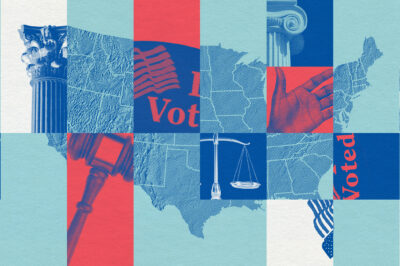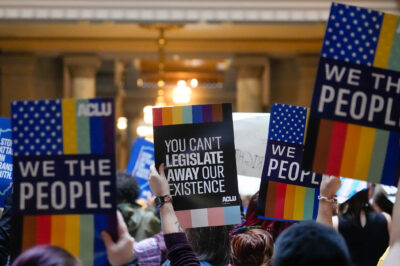
In which state was a Heights High School senior class president suspended and banned from delivering his scheduled convocation speech because of a harmless tweet?
Which political group was unfairly targeted for aggressive enforcement by the IRS?
In which state was a transgender student humiliated by school administrators who misgendered him by placing his name on the ballot for prom queen?
Which Senate Committee is scheduled for three weeks of mark-up sessions to deal with the 300 amendments to the bipartisan immigration reform bill?
True or False? A federal magistrate judge in New York ruled that users should only expect Fourth Amendment privacy protections on their cell phone data when the device is powered off.
In Disturbing Trend, Kansas School the Latest to Punish Student for Harmless Tweet
In a gently mocking 48-character Twitter post, Heights High School senior class president Wesley Teague wrote: “Heights U’ is equivalent to WSU’s football team.” A seemingly innocent message, but you wouldn’t know it from the school’s reaction. Administrators suspended Wesley for the rest of the school year, stripped him of his post as senior class president, cancelled his scheduled convocation speech and banned him from most graduation-related events. (The school has since decided that Wesley will be able to attend graduation ceremonies, but will not be allowed to speak).
IRS Abuses Power in Targeting Tea Party
The extraordinary revelation this week that the Internal Revenue Service targeted tea party groups for more aggressive enforcement highlights exactly why caution is needed in any response to the much-vilified Supreme Court decision in Citizens United v. FEC.
It also shows how all Americans, from the most liberal to the most conservative, should closely guard their First Amendment rights, and why giving the government too much power to limit political speech will inevitably result in selective enforcement against unpopular groups.
A Boy Named Issak
Issak Wolfe, a high school senior in Pennsylvania, wanted to be prom king. But the school denied him his chance—simply because Issak is transgender.
Despite taking the proper steps to secure his name on the boys’ ballot, Issak found his old female name listed under the candidates for prom queen. To add insult to injury, the school refuses to read Issak’s male name at graduation. Issak blogs about the hurt and humiliation he faces because of discrimination by his school administrators.
Immigration Reform: Week One is Done
Only a few short weeks ago, the so-called Senate Gang of Eight – four Republicans and four Democrats committed to producing a bipartisan immigration reform bill – released a bill exceeding 800 pages representing work dating back to November. Last week, the Senate Judiciary Committee convened for the first day of mark-up – a process whereby all committee members have the chance to offer amendments to the bill before it proceeds to consideration by the full Senate.
Federal Judge: Only Powered-Off Cell Phones Deserve Privacy Protections
A federal magistrate judge in New York recently ruled that cell phone location data deserves no protection under the Fourth Amendment and that accordingly, the government can engage in real-time location surveillance without a search warrant. In an opinion straight from the Twilight Zone, magistrate judge Gary Brown ruled two weeks ago that “cell phone users who fail to turn off their cell phones do not exhibit an expectation of privacy.”
Learn more about your civil liberties: Sign up for breaking news alerts, follow us on Twitter, and like us on Facebook.



